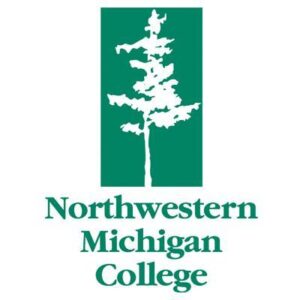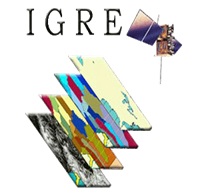The Geospatial Technologies Talent Consortium (GTTC)
Proposes An MPT Grant Program, “Integration Of GIS In High School Curricula To Enhance STEM Career And Learning (GIS-STEM-Career).”
The Geospatial Technologies Talent Consortium (GTTC) proposes an MPT grant program, “Integration of GIS in High School Curricula to Enhance STEM Career and Learning (GIS-STEM-Career).” A Geographic Information System (GIS) is composed of the hardware and software that allow for computer-based analysis, manipulation, management and visualization of location-related data, which is called geospatial data. GIS provides many tools for solving problems and answering questions for almost all business and industrial sectors that involve data of real-world locations. GIS, remote sensing and global positioning system (GPS) are together called geospatial technologies. GPS, remote sensors and GIS are integrated to drive autonomous vehicles, which strongly supports Michigan’s competition to be the autonomous vehicle capital.
Four Phases of Professional GIS Certification Pathway
- One-year hybrid GIS technical training led by university GIS professors and GIS professionals in local businesses and community organizations.
- Four or six months hands-on internship working on the GIS projects designed and requested by our consortium business members.
- One-semester college GIS courses.
- Two month preparation and passing the ESRI Certification Exam.
GTTC Pre-internship Courses New
(1) ArcGIS Pro Software Fundamentals
(2) Mapping, Visualization, Analysis and Management of Geospatial Data
(3) Emerging Geospatial Technologies and Skills for Internship in Computer Information & Civil Engineering. This course teaches the specific skills and techniques needed for the successful completion of internship assignments with participating employers, which focuses on geospatial technologies applications in computer system, transportation, civil engineering and community revitalization, which are dominant GIS businesses in Southeastern Michigan.
(4) Emerging Geospatial Technologies and Skills for Internship in Freshwater Studies. This course has the same goals as Course 3, but with an emphasis on geospatial technologies applications in fresh water studies, industry, and environmental health, which are hot GIS topics in Grand Traverse City Region.
The GTTC PROJECT provides students with professional GIS/T training and opportunities to gain work experiences in local organizations as Interns.
GTTC Consortium New
The four goals for this GTTC projects are: (1) enabling students to have high-demand and high-wage career experience through accomplishing GIS internship projects in businesses; (2) to earn Industrial GIS Certification (ArcGIS Desktop Entry-level Certificate) through competency-based GIS instruction and hands-on experience through GIS internship; (3) to have options earning university concurrent/dual enrollment and early-middle college credits; and (4) providing professional development opportunities in GIS for teachers who can integrate GIS as learning and teaching tools in the STEM courses.







Members / Community
Several members of the GTTC consortium were instrumental in designing and delivering the NSF GRACE GIS/T professional development model and industry mentor support that will be utilized in the GTTC program. These include Eastern Michigan University, Wayne RESA MiSTEM, Monroe Public Schools, MiCAMP, GTSI, NMC, SEIS, DataCapable, Inc., and others. The collective GTTC partners demonstrated full support for adopting this model during the team planning meetings leading to this submission. The GTTC Consortium will develop courses to teach students the skills needed for high-demand, high-wage careers in Geospatial Technologies.
Contact Us
- Yichun Xie
- yxie@emich.edu
- (734) 487-1317
- Institute for Geospatial Research & Education
- Eastern Michigan University 114 Strong Hall,Ypsilanti 48197
